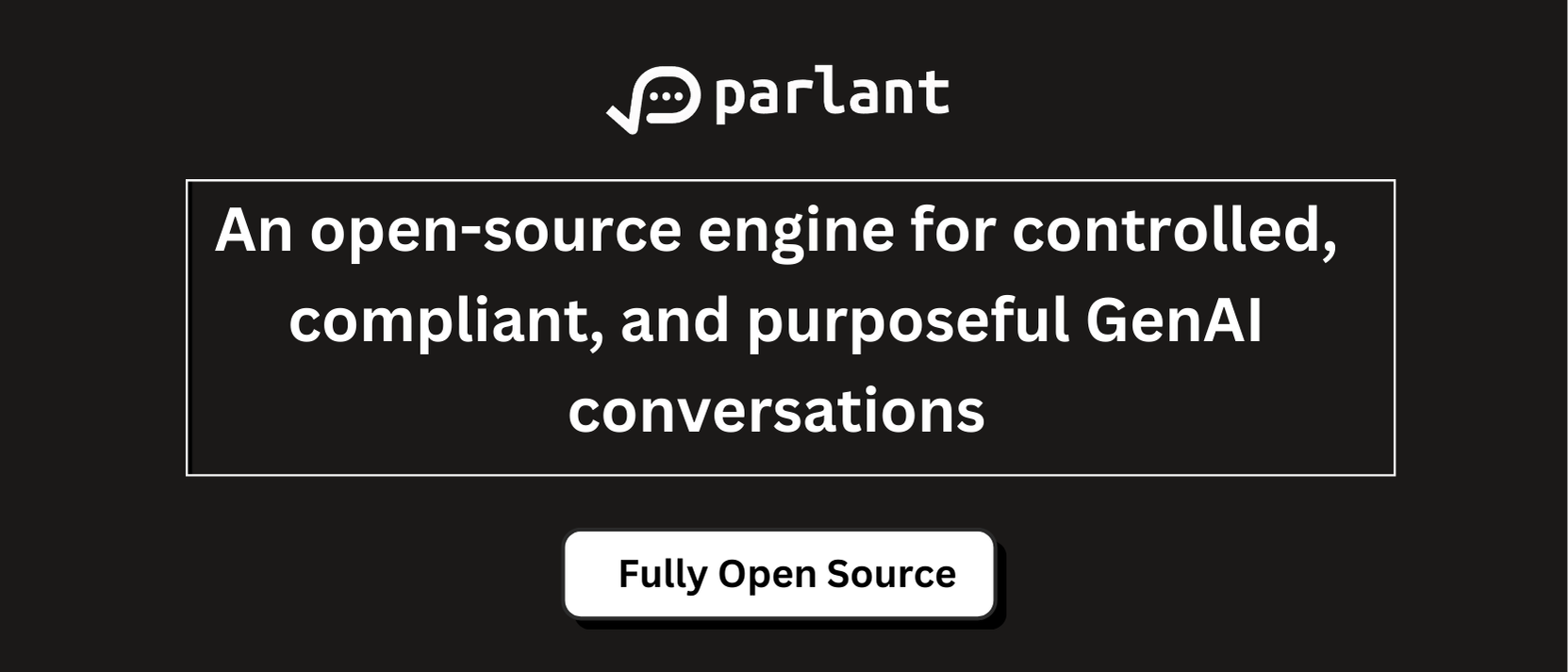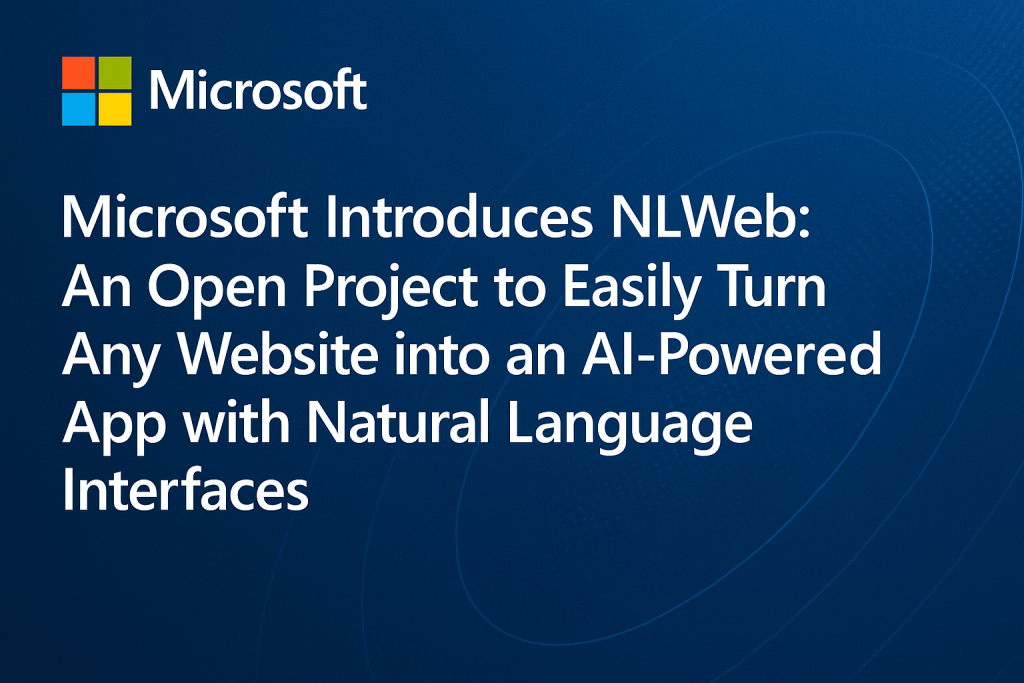Many sites lack available and cost -effective ways to integrate natural language interfaces, making it difficult for users to interact with the site’s content through conversation AI. Existing solutions often depend on centralized, proprietary services or require significant technical expertise, limiting scalability and adaptability. This creates a barrier for developers who want to implement intelligent agents who are able to answer questions or help users using the site’s data. As a result, there is a need for an open, standardized approach that allows websites to reveal structured information and support natural language interactions without relying strongly on external infrastructure or high cost models.
Building conversion boundaries for sites is still a complex challenge that often requires customized solutions and deep technical expertise. NLWEB, developed by Microsoft scientists, aims to simplify this process by enabling places to easily support natural language interactions. By natively integrating with Machine Communication Protocol (MCP), NLWEB allows the same language interfaces to be used by both human users and AI agents. It is based on existing web standards such as Schema.org and RSS – already used by millions of sites – to provide a semantic foundation that can be easily utilized for natural language capacities.
NLWEB is not a single tool or product, but a package of open protocols and open source-reference implementations designed to lay the basis for an AI-activated web. Just as HTML once did for document sharing, NLWEB represents a shared infrastructure to integrate conversation AI into web content. Its test code is a practical starting point rather than a final solution that encourages community innovation and various implementations. This open, collaborative model draws inspiration from the early days of the Internet, where shared standards and grassroots efforts raised rapid progress. NLWEB aims to do the same for AI-driven web experiences by enabling human friendly interfaces and agent-to-agent communication through ordinary protocols.
NLWEB consists of two main parts: a simple protocol for natural language interaction with sites and a JSON-based response format using Schema.org. It includes an implementation that works well for sites structured as product lists – such as products or reviews – and offers UI -Widgets to enable conversation access to such a content. NLWEB also acts as an MCP (Model Context Protocol) server that lets AI models ask questions via a standardized “ASK” method. The answers combine existing site data with insights from large language models, which improves user interaction. NLWEB is open, cross-platform and compatible with various AI models and vector databases and offers flexible integration options.
NLWEB offers web emitters a simple way to add conversation AI to their sites with minimal coding and without having to build chatbots from scratch. It uses existing site data, ensuring accurate reactions in real time while keeping costs low. Publishers can choose which AI models they need to use and maintain control of their data. The system improves user engagement by enabling natural interactions, personalizing content and improving support. Its open source nature allows customization and it places sites for a future where AI agents are reviewing and interacting with the Internet.
Finally, NLWEB represents a basic step towards a more interactive and intelligent web where users can engage with sites through natural language rather than rigid interfaces. By combining structured data formats such as Schema.org with the power of AI models, NLWEB simplifies the creation of conversation experiences. It allows publishers to improve their sites with minimal efforts and offer benefits such as improved user engagement, faster support and personal content delivery. As the Internet develops into an ecosystem where AI agents play a growing role, NLWEB ensures that sites are not only available to humans but also seamlessly integrable with the agent-driven digital future.
Check the Github side. All credit for this research goes to the researchers in this project. You are also welcome to follow us on Twitter And don’t forget to join our 95k+ ml subbreddit and subscribe to Our newsletter.
Sana Hassan, a consultant intern at MarkTechpost and dual-degree students at IIT Madras, is passionate about using technology and AI to tackle challenges in the real world. With a great interest in solving practical problems, he brings a new perspective to the intersection of AI and real solutions.

